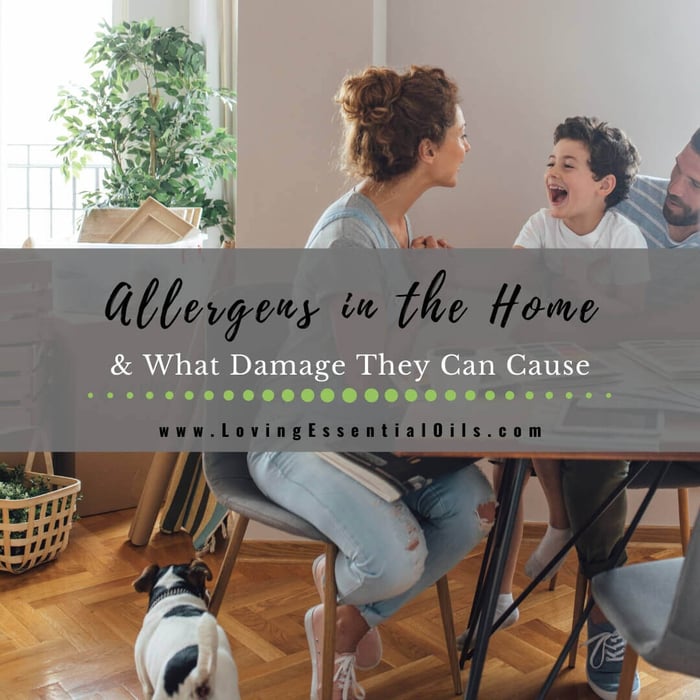People with hayfever know all too well the daily struggles that come with their conditions - whether walking through a park full of flowers or simply visiting a friend’s home. However, when allergy symptoms flare up in your own home, it can feel impossible to escape the discomfort!
Unfortunately, our homes harbor their own airborne allergens and the bad news is that if you are susceptible to allergens in the home, your symptoms may last for as long as you are exposed to them. But the good news is that you can stop them if you take the right steps.
In this article, we’re going to uncover what allergens look like in the home and how you or your professional cleaner can prevent them.

Allergen Threats in the Home
You may be surprised to know that the inside of your home traps allergens, which makes them near impossible to avoid.
House dust is the main culprit and it comes in many variants, depending on the temperature and humidity in your home, the items in your home (food, clothes, furniture, etc), the age of your home, and who lives in your home (people, animals, and plants).
Regardless of how clean your home is and you clean it, common dust can be present in the most unsuspecting places.
So what is house dust anyway? Well, it’s an airborne constituent that can contain various fine particles from many different substances such as soil and plant matter, particles from human and animal skin and hair, fabric threads and fibers, spores from mold, dust mites, insects and their waste, food crumbs and other household debris.
The Damage Allergens Can Cause
Unfortunately, these pesky little particles can leave you with:
- Itchy/stuffy nose
- Watery/swollen eyes
- Sneezing
- Sore throat
- Coughing
- Wheezing
- Tightness in the chest
If you’re prone to asthma attacks, it’s even possible that indoor allergens could provoke or worsen existing symptoms. Asthma can be especially exacerbated in the winter months when windows are closed to keep the cold out or even in the summer months when the air con is blaring. But it doesn’t stop there.
Keeping your windows open at night time can leave you with allergy symptoms or asthma, as pollen makes its way into your house and settles on your furniture and carpet.

Allergy Proofing Your Home
There are many effective steps you can take to allergy-proof your home.
Bedding
Did you know that you can purchase dust mite proof pillow covers that protect your pillows, mattresses, and bedding from dust mites? Smart, right? In addition to this, you should wash your bedding in warm water at least once a week to kill any germs and bacteria build-up.
Flooring
Hardwood floors are much less susceptible to dust than carpet. So if your allergies are unbearable, perhaps opt for tiled flooring with washable rugs. Or if it is too difficult to remove your existing carpet, make sure to shampoo your carpets regularly so that the dust doesn’t settle.
Furniture
When buying furniture, choose easy to clean furnishings that are made of non-porous materials such as leather, wood, metal, or plastic, avoiding upholstered furniture.
Clutter
Remove all your items that collect dust and store them away in plastic bins. Commit to a quick 15-minute power tidy up every day to put items away so that you can avoid an unnecessary build-up of dust and allergens.
Windows and Curtains
Regularly wipe down your windows and curtains to ensure that mold and condensation are regularly removed. Also, when purchasing curtains, make sure they are washable so that they can be regularly laundered.
Whether you are suffering from the effects of allergens in the home or you’re trying to allergy-proof your home in a preventative way, it’s important to be vigilant. By taking small consistent steps, you can look after your health in a huge way!
The best way to start is to call on a cleaning professional to administer a deep clean first and then to do your best to keep on top of everyday prevention. Our homes are our havens, so why not take the steps to breathe and live better!
Read More: Allergy Relief Diffuser Recipes
Share on Pinterest







